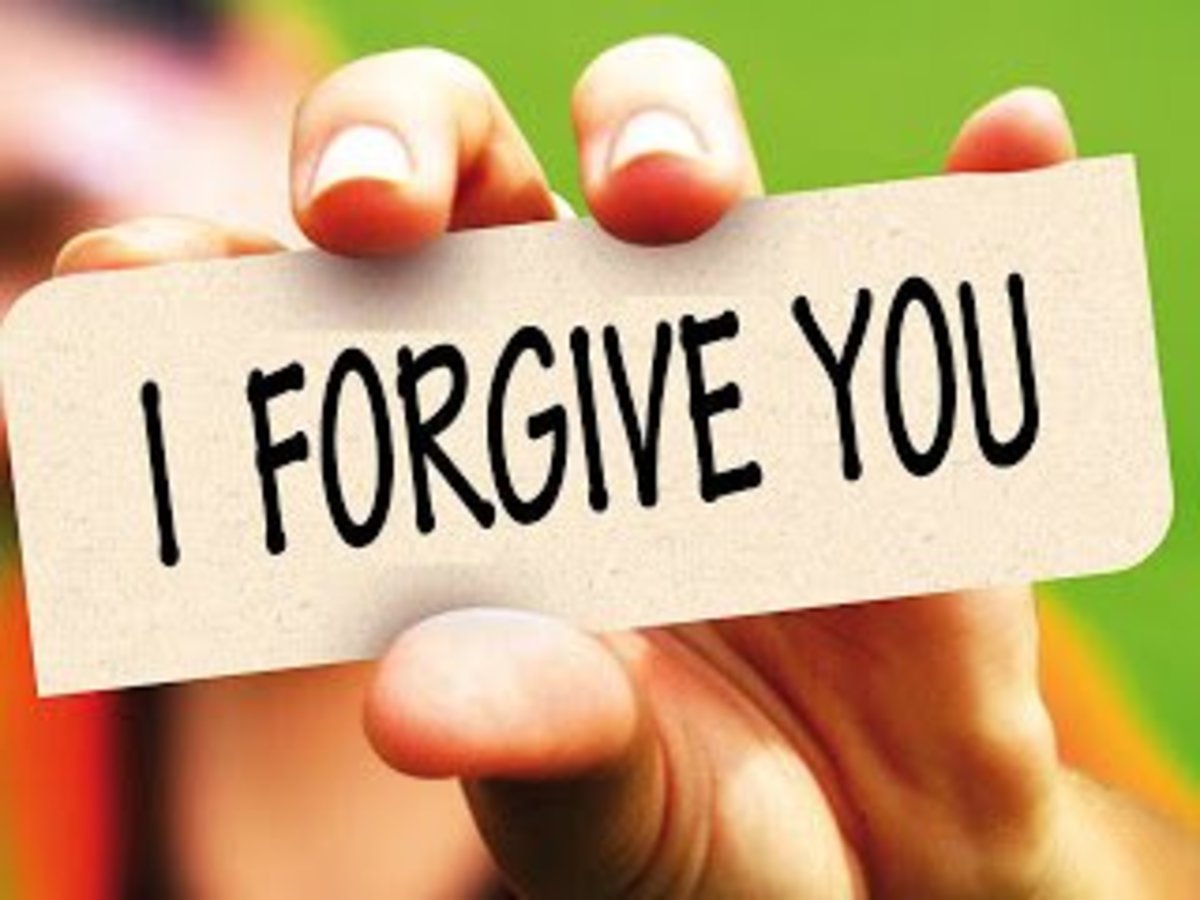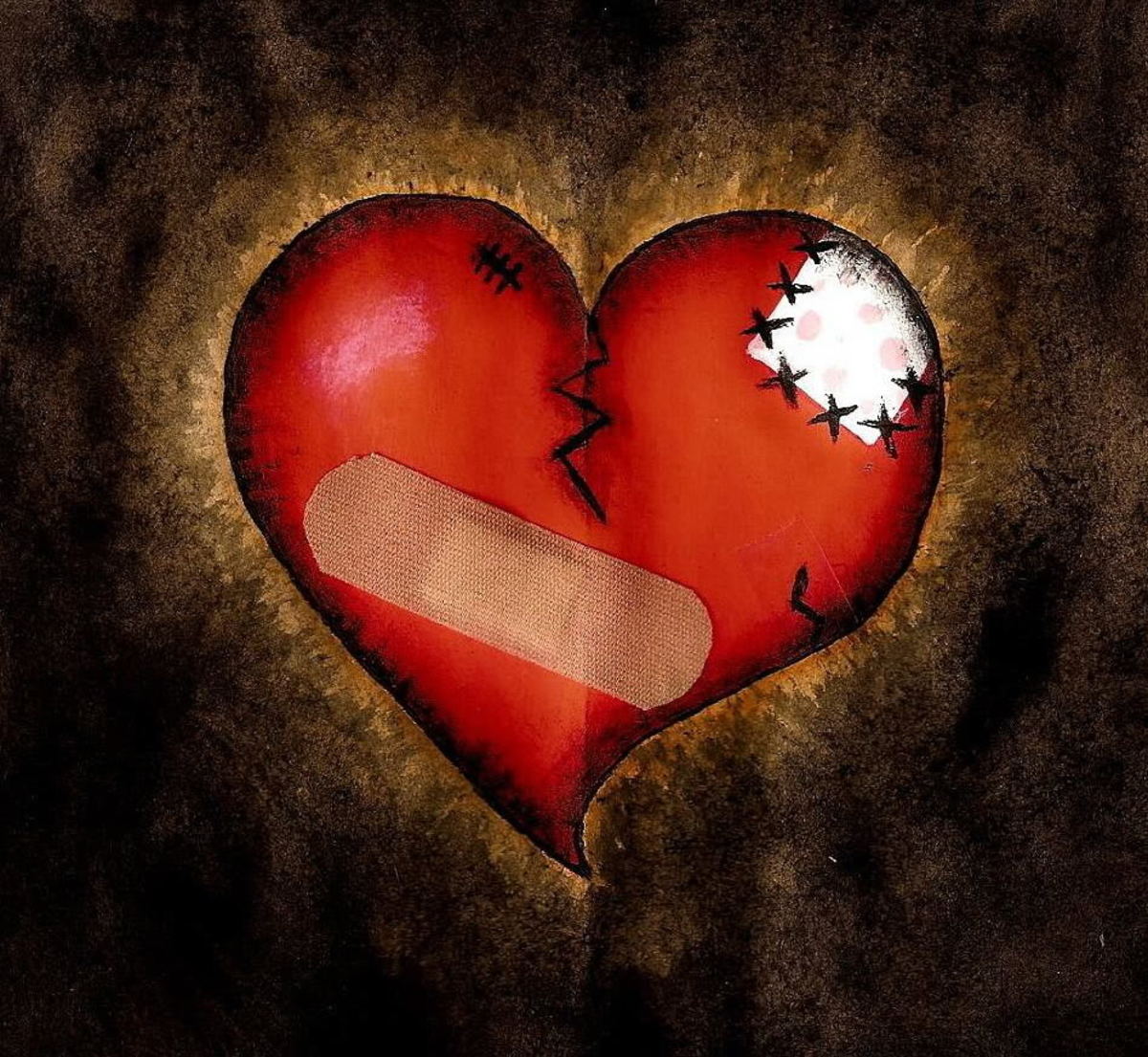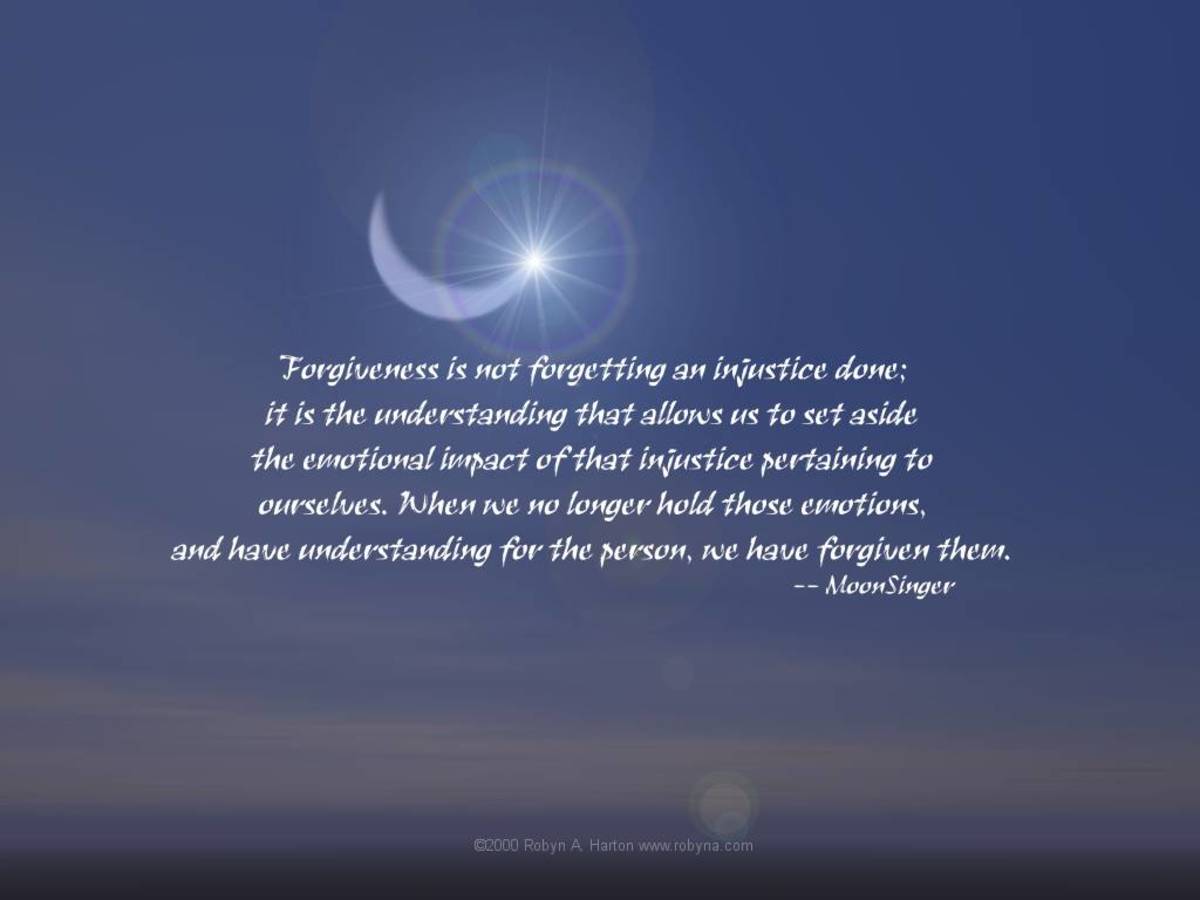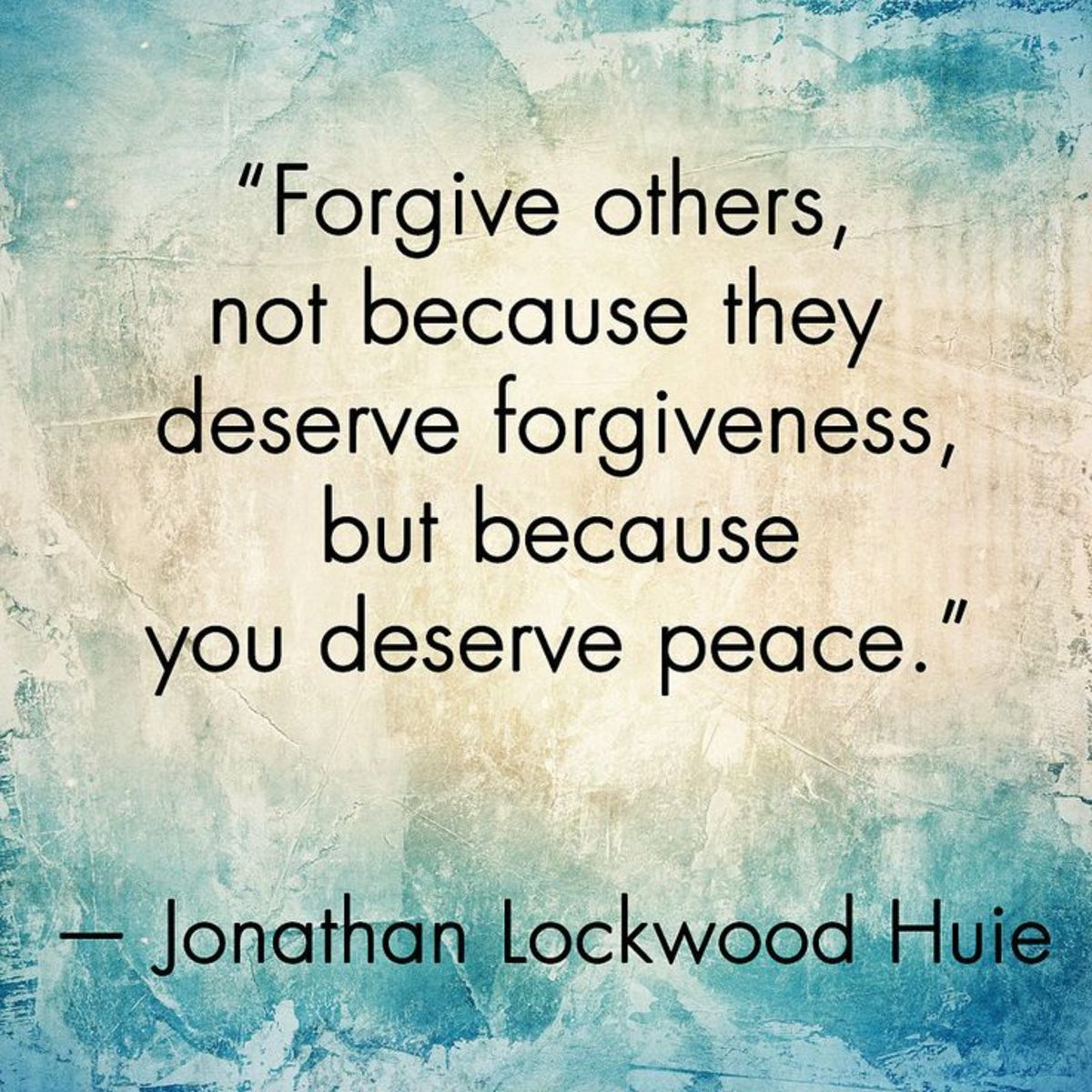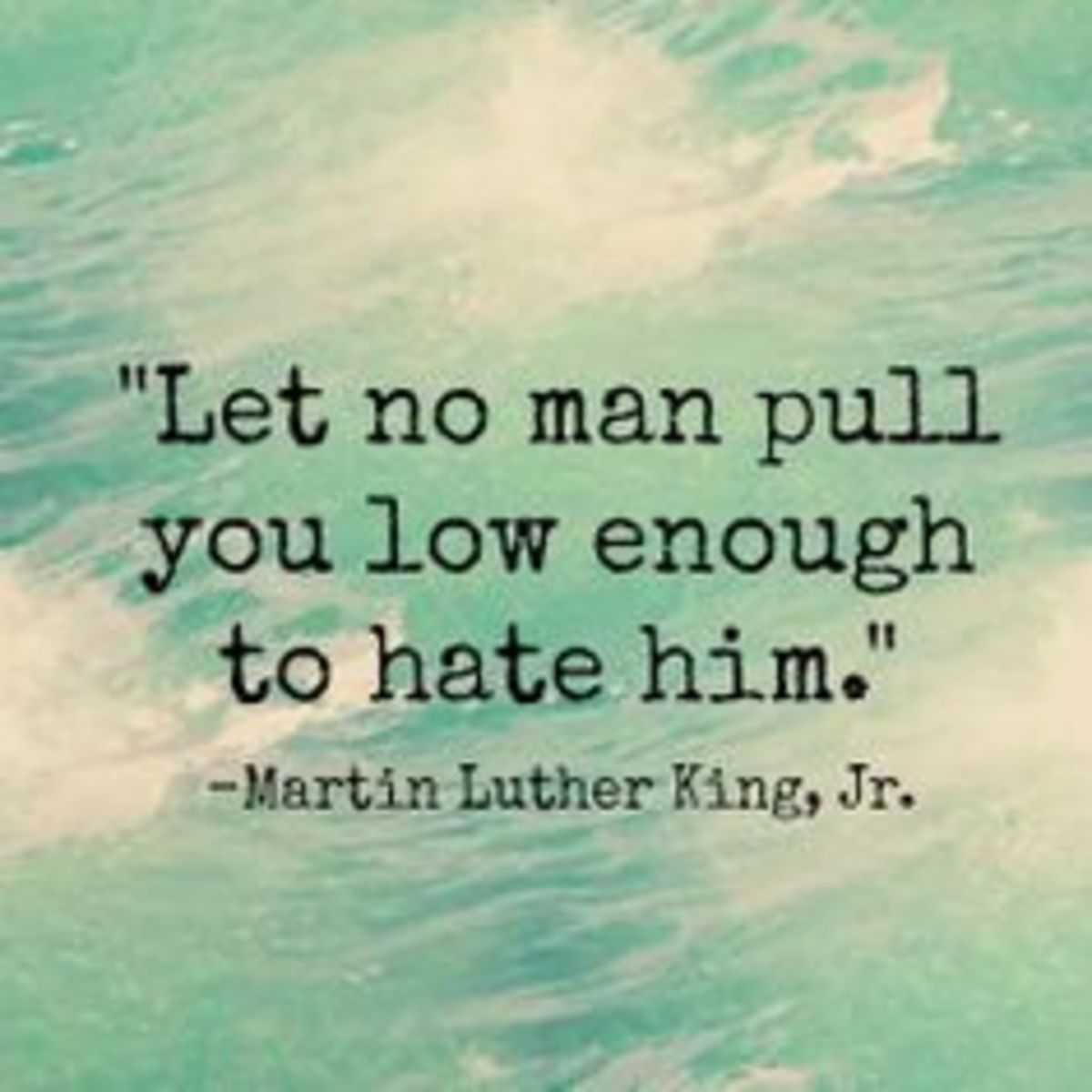Forgiveness: A Process for Healing


In life, some things don't always come easy, and forgiveness is often one of those things. When someone hurts you, especially someone close to you, it can be difficult to forgive them. Often we become angry when others hurt us, and that anger can build into resentment. Like a wound left untreated, the anger and resentment worsen and infect our whole being. Before we let anger infect and affect us, we need to learn to forgive.
What is forgiveness?
Simply put, forgiveness means to stop being angry with someone who has hurt you; to pardon someone. Forgiveness means letting go of the feelings of resentment and thoughts of revenge. Forgiveness means not holding a grudge. Forgiveness does NOT mean forgetting or condoning what a person did to hurt you.
Why should we forgive?
Many studies have been done on forgiveness and why it is important. Generally, studies indicate people who forgive have lower blood pressure and reduced stress levels. Also, people who forgive show fewer symptoms of anxiety and depression and reduced chronic pain. Overall, people who forgive experience better health, both physically and emotionally. They also experience a more positive spiritual well-being. Basically, people who learn to forgive others are happier than if they had not forgiven.
How do you forgive another person?
Forgiveness is a process that occurs over time. It may be easier to forgive someone who is sorry for causing you hurt, but people don't always offer apologies. Sometimes you have to learn to forgive others who are not sorry for the hurt they caused you, and forgiving under these circumstances can be extremely difficult. Yet, in order to find true peace and happiness, you must learn to forgive, even the people who've hurt you the most.

For more information on important life lessons see:
Books on forgiveness
Giving a gift to you:
The Process of forgiveness.
To heal from hurt, one must begin to forgive. The process of forgiveness starts at acknowledging anger and moves toward feeling a state of peace.This process may happen quickly, or it may take years, depending on the nature of the relationship and how the person hurt you. In any event, it's in your best interest to start the process of forgiveness.
- Identify your feelings. First acknowledge your anger and/or feelings of resentment. It's normal to get angry when someone hurts you, especially if that person is close to you. But to hold on to the angry feelings over time helps no one; it just makes the situation worse and the relationship more strained. If you are holding a grudge against the person who has hurt you, recognize that you are indeed holding a grudge and that by holding on to those feelings, you are making yourself feel bad. It may help to write a letter to yourself about how you feel; sometimes feelings are easier to identify if you write them down.
- Reflect on the facts. Sometimes when we hang on to anger and it turns into resentment, we lose track of the situation and what actually happened. Over time in our minds we make the act which needs to be forgiven worse than it actually was. This in turn causes our feelings of hurt to deepen. Take a hard, long objective look at the situation and re-evaluate your response. Does the action that caused you hurt merit so much of your time and energy?
- Move toward realization. Realize that when you spend so much time feeling hurt, you are playing a victim role. When you fail to forgive, you are becoming a slave to your anger and resentment and losing your ability to be at peace. Life is far too short to waste time feeling angry about something that happened in the past. That does not mean you should forget the past and what happened; instead ackowledge your feelings about what happened and try to learn from the situation. Put aside grudges, and focus on other positive aspects of your life. Take charge of you and how you react to the situation that caused you pain.
Forgiveness can be difficult, but it is necessary if one is to find peace. We cannot control the actions of others, but we can control how we react. The best gift you can give yourself is giving yourself permission to forgive even when you have been hurt deeply.


